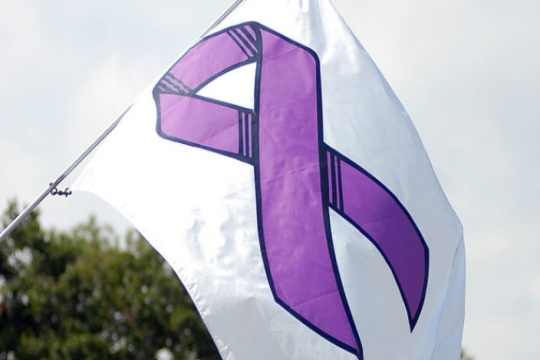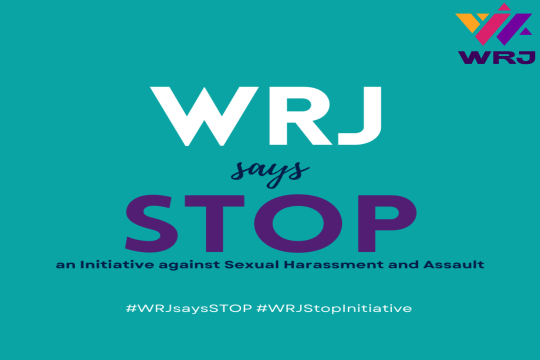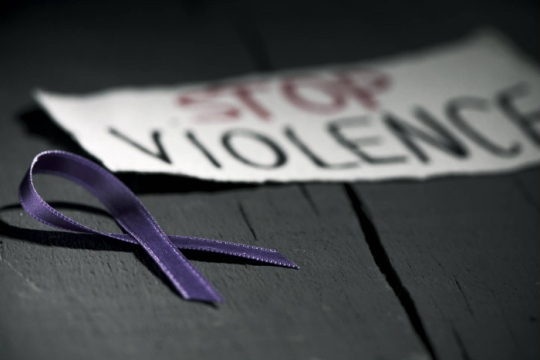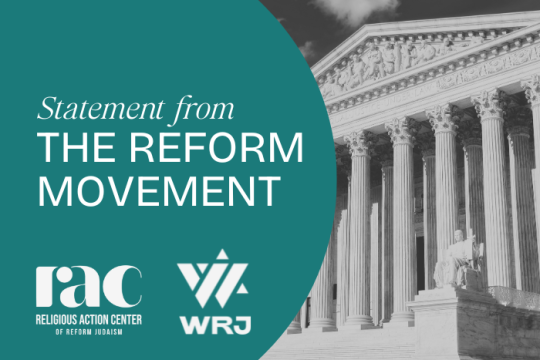
Gender-based violence is violence that is directed at an individual based on their sex or gender identity. Gender-based violence may include physical, sexual, verbal, emotional, and psychological abuse, threats, coercion, and economic or educational deprivation. Gender-based violence is rooted in unjust power relations, structures, and social and cultural norms, and as a result, worldwide, women are disproportionately harmed by gender-based violence. Thus, historically much of the Reform Movement’s efforts to ameliorate gender-based violence have focused on violence against women.
No nation free from the scourge of gender-based violence. One out of three American women and one in two Canadian women will be physically, sexually, or otherwise abused during her lifetime.
Gender-based violence takes many forms and is rarely limited to a single category. Abuse may be physical, sexual, or emotional; it may take place in the home or outside; and in some situations, gender-based violence may be considered socially acceptable to some. Too many believe that gender-based violence happens to “other” people, yet the impacts of gender-based violence transcend economic, ethnic, geographic or religious lines. Violence and harassment occur in our schools, our camps, our workplaces, and our houses of worship. The Jewish community suffers the same rates of intimate partner violence as the national average.
The Mishnah teaches, “One who injures another person is liable on five counts (that is, responsible for paying for five factors): for the injury itself, for pain, for healing, for loss of time, and for embarrassment” (Bava Kamma 8:1). This multidimensional understanding of personal injury addresses the insidious and pervasive nature of physical and sexual violence, and the way that these displays of violence have repercussions far greater than the act itself.
Check out WRJ says STOP, an initiative to empower lay leaders to work with professional partners to create a safe, respectful, and affirming culture for our organizations and congregations by educating them about the abuse of power dynamics, gender-based harassment, and sexual assault.
What's New


Breaking up with Rape Culture



